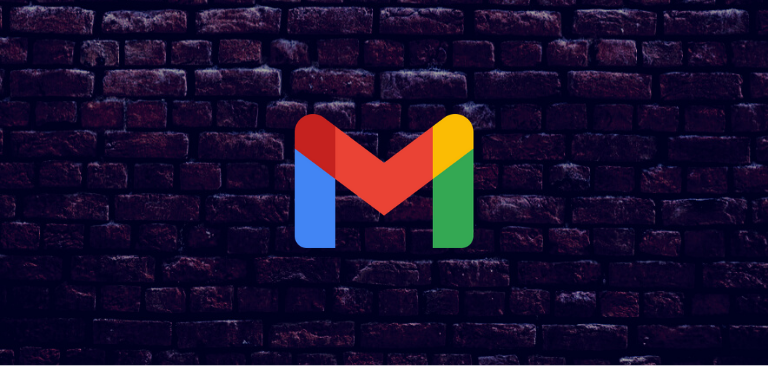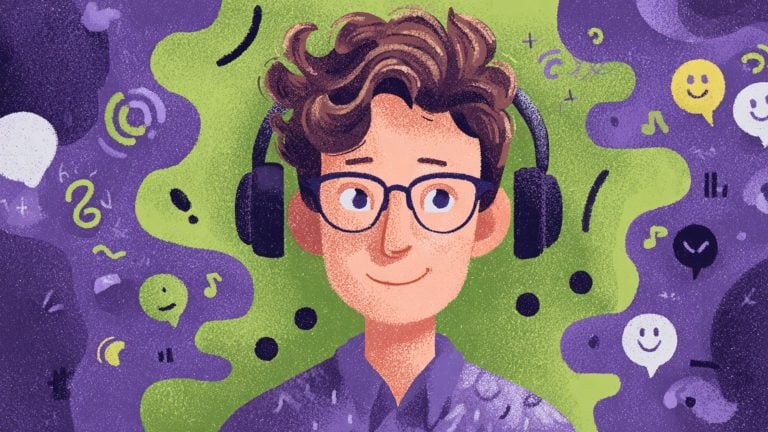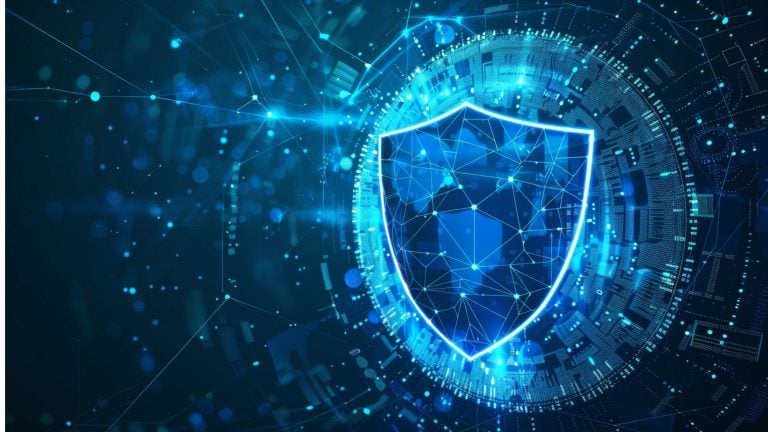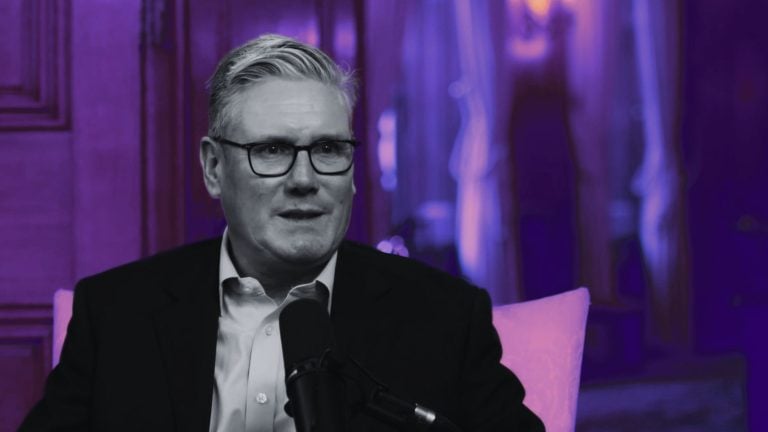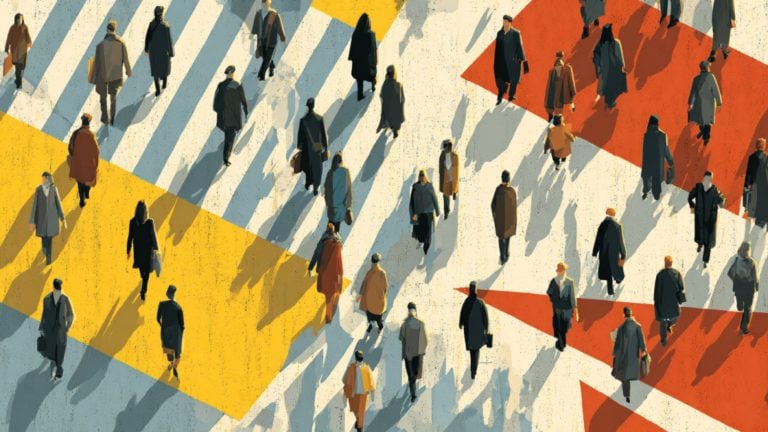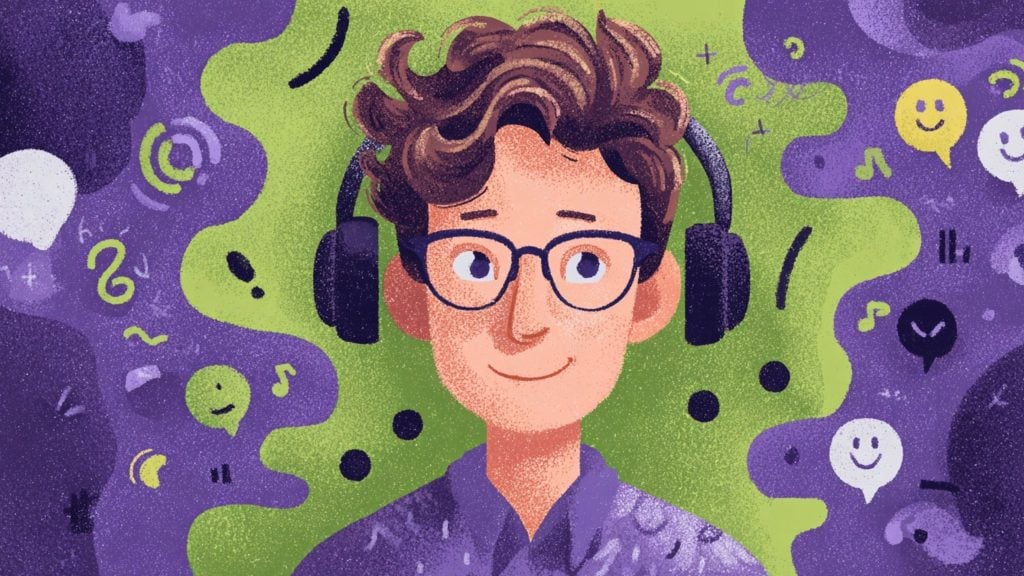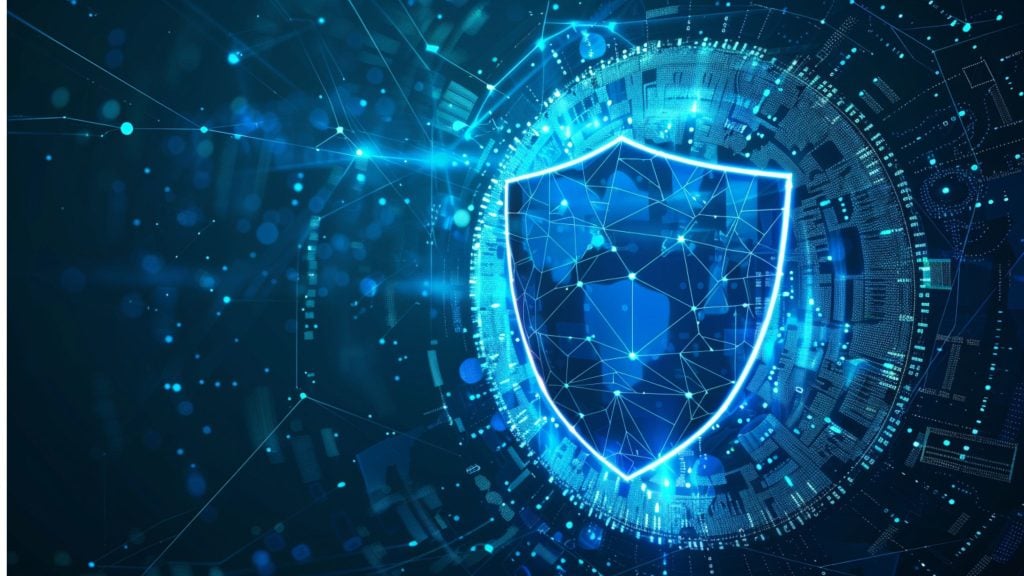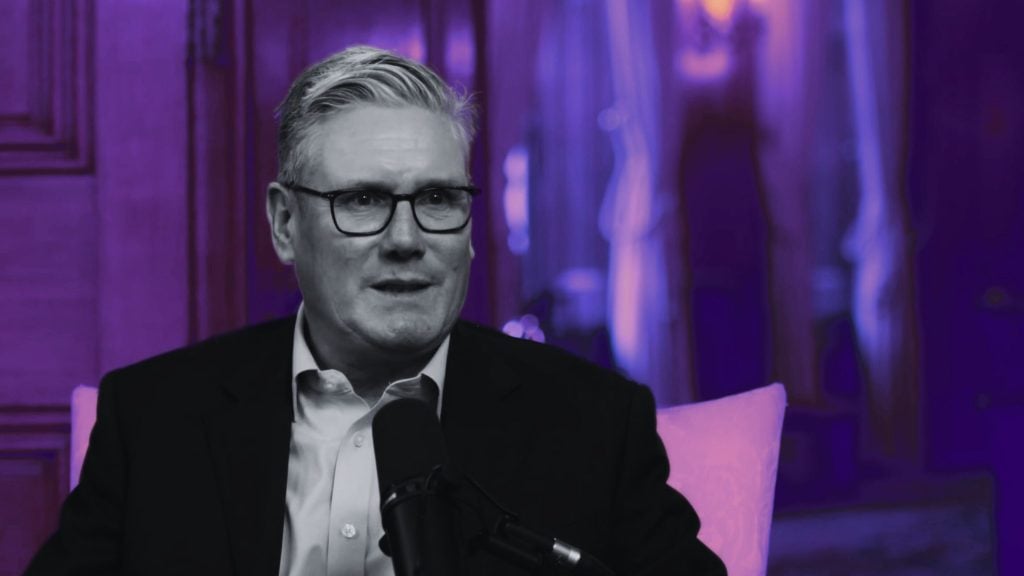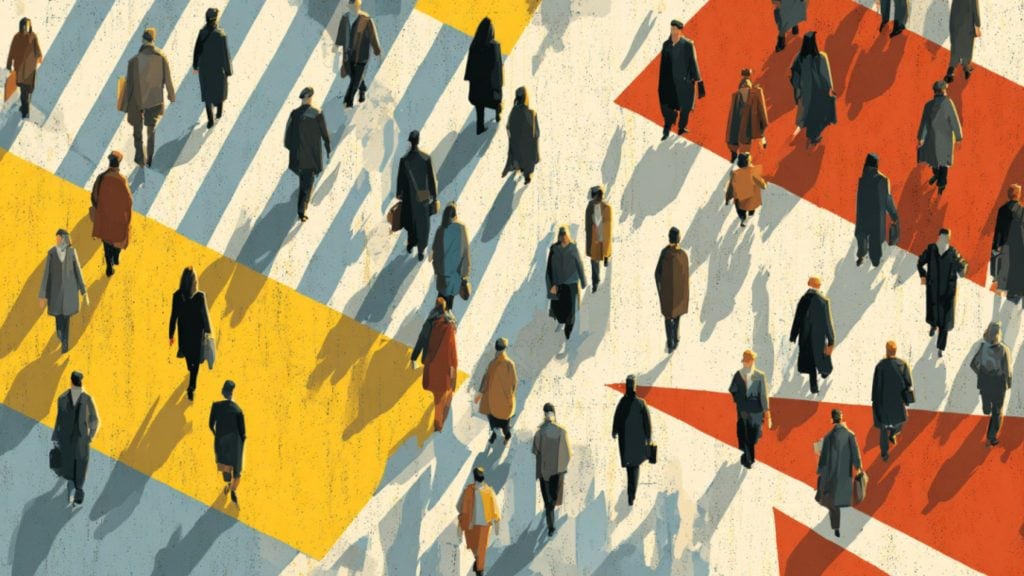A growing chorus of voices is now pushing for the US government to come up with concrete regulation that would impose rules and provide legal grounds for online censorship.
One of them is Angie Drobnic Holan, the editor-in-chief of PolitiFact, operated by Poynter – which bills itself as a journalism school and also owns the International Fact-Checking Network, which certifies fact-checkers for Facebook. In an op-ed, Holan provided a list of reasons why speech needs to be put under tighter control.
She mentions as false President Trump’s claim about the rigging of the 2020 election; next, there’s the QAnon movement, and Holan sees political debate around these issues as something that produces danger in real world, and wants free online speech to be tackled by coming up with ways to “creatively” bypass First Amendment protections – which she concedes do apply here.
Holan offers three suggestions that she says would “stop lies without censorship.” But right away, she calls on YouTube, Twitter and Facebook to introduce even more stringent rules that would punish and marginalize those whose speech they dislike, like they did with Trump.
Facebook is mentioned here as that giant platform that needs to “rethink” its policy of not silencing elected officials and candidates – because “some of these” spread what she calls misinformation most effectively.
And then, the federal government needs to step in, regulate and exert influence on social media companies, Holan continued. She wants old policies that have been abandoned in the US precisely as government overreach – like “a fairness doctrine” that affected broadcasters – to now make a comeback.
Holan suggests leveraging Section 230 (that protects internet companies from legal liability) against them, by forcing them to provide “proof of consistent enforcement of specific misinformation policies” if they want to continue to enjoy those privileges.
Finally, this “censorship without censorship” would mean banning people from their email accounts (which often serves as the way people access most of the internet for shopping, banking, and more) as a form of punishment for what Holan says are threats and harassment (and she includes “vaguely ominous predictions” in the list of violations that would warrant preventing people from using email.)
Losing an email account would also lock people out of all of their other online accounts.
“If law enforcement stepped up, and phone and tech companies had practical and effective approaches to check or even remove accounts used to threaten people, we’d see a reduction in threats,” writes Holan.

